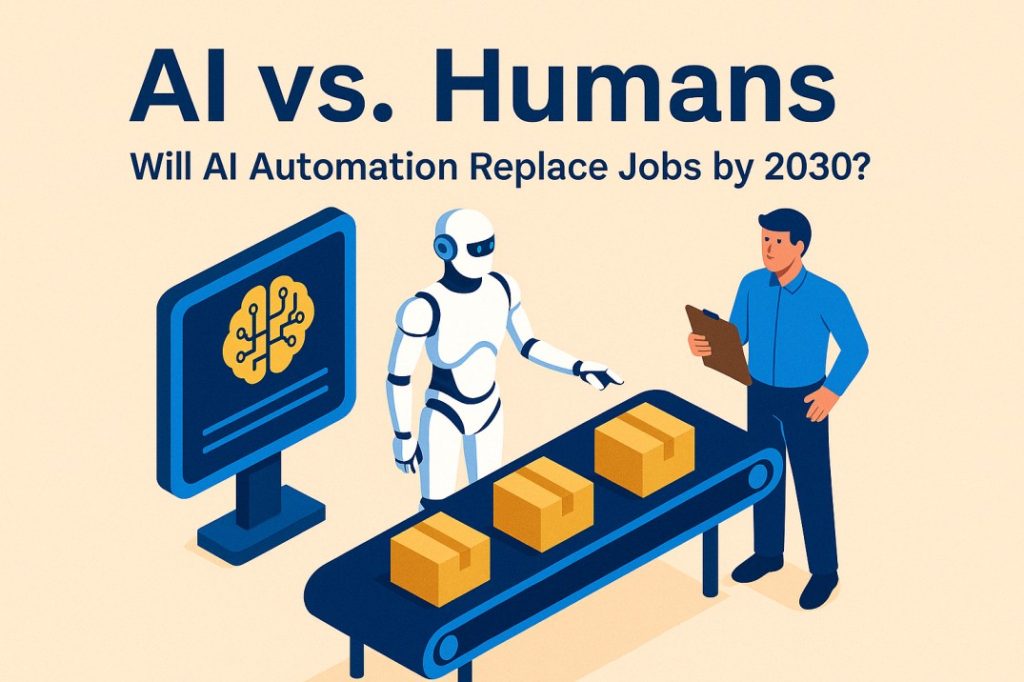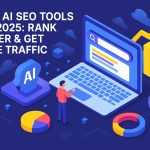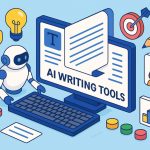Introduction: A Question That Hits Close to Home
“AI vs. Humans: Will AI Automation Replace Jobs by 2030?” is not just a futuristic headline—it’s a question millions of workers, students, and entrepreneurs are grappling with right now. As artificial intelligence (AI) becomes increasingly powerful and accessible, fears of widespread job displacement are rising.
But should we be panicking—or preparing?
In this post, we’ll break down what experts are saying, how different industries are being affected, and why the relationship between humans and AI might not be as adversarial as it seems. You’ll walk away with a clear understanding of the landscape and some practical ideas on how to future-proof your career.
The Rise of AI: From Sci-Fi to Workforce Reality
AI is no longer confined to Silicon Valley labs or Hollywood movies. It’s already integrated into everyday workflows:
- Customer service chatbots answering queries 24/7.
- AI tools like ChatGPT writing emails, content, and even code.
- Machine learning algorithms optimizing logistics, healthcare diagnostics, and financial risk analysis.
According to a McKinsey Global Institute report, as many as 800 million global jobs could be displaced by automation by 2030—but that same report also notes that new roles will emerge, particularly those requiring human creativity, empathy, and decision-making.
AI vs. Humans: Where Automation is Already Taking Over
Let’s break down the sectors where AI is making the most impact:
| Industry | AI’s Role | Risk Level for Jobs |
|---|---|---|
| Manufacturing | Robotic process automation, predictive maintenance | High |
| Transportation | Self-driving trucks, route optimization | High |
| Retail & Services | Inventory, customer support, checkout automation | Moderate to High |
| Finance | Fraud detection, robo-advisors, automated trading | Moderate |
| Healthcare | Radiology, diagnostics, robotic surgery assistants | Low to Moderate |
| Creative Fields | Content creation, design suggestions, AI co-writing | Low (collaborative) |
Key Takeaway: Repetitive, rule-based jobs are most at risk. Human-centric, creative, and emotionally intelligent roles are more resilient.
Real People, Real Concerns: A Personal Perspective
Last year, I worked with a client in the legal industry who feared her role as a paralegal would be automated. She started upskilling in AI research tools, took a course on prompt engineering, and became the firm’s go-to person for AI-powered document analysis. Today? She’s more valuable than ever.
This is just one of many examples where people adapted to AI rather than being replaced by it.
The Skills of the Future: What AI Can’t (Yet) Replace
To understand where humans still shine, consider these qualities:
- Creativity – AI can mimic but rarely invent.
- Empathy – Emotional intelligence remains uniquely human.
- Critical Thinking – Contextual decisions still rely on human insight.
- Leadership & Ethics – People lead people. AI follows instructions.
The World Economic Forum highlights that by 2025, the top skills in demand will include analytical thinking, resilience, and flexibility—all deeply human capabilities.
Hot Tip:
Want to stay competitive? Focus on hybrid roles. Think “AI-powered marketer,” “data-savvy HR manager,” or “automation-aware educator.”
AI and Job Creation: A Hidden Opportunity
While the narrative often focuses on loss, AI is also creating new categories of work:
- AI trainers and ethicists
- Prompt engineers
- Human-AI interaction designers
- Automation process managers
Moreover, tools like Zapier and Make.com empower solopreneurs to build businesses with minimal overhead.
Imagine being a one-person company managing e-commerce, marketing, and customer support—powered by AI.
Ethical and Social Considerations: More Than Just Jobs
Will AI automation replace jobs by 2030? The answer isn’t just technological—it’s also ethical.
- Who decides what gets automated?
- Will there be a safety net for displaced workers?
- How do we prevent bias in AI models from reinforcing inequality?
Governments, businesses, and communities need to co-create a future where AI enhances human potential, not exploits it.
Preparing for 2030: What You Can Do Now
Here’s a proactive checklist to stay relevant:
- ✅ Learn to collaborate with AI tools (e.g., ChatGPT, Midjourney, Jasper)
- ✅ Develop soft skills like communication and adaptability
- ✅ Stay updated through platforms like Coursera, LinkedIn Learning, and YouTube
- ✅ Build a personal brand to showcase your human uniqueness
Final Thoughts: Collaboration, Not Competition
So, AI vs. Humans: Will AI Automation Replace Jobs by 2030?
The truth is, AI will transform jobs more than it replaces them. It’s less about elimination and more about evolution.
Humans who are willing to evolve, learn, and partner with AI tools are unlikely to be replaced. Those who resist change? That’s another story.
What’s Next? Let’s Talk
💬 Do you think your job is at risk? Have you started integrating AI into your workflow?
👉 Share your thoughts in the comments, or check out our other articles on AI-powered marketing and automation for beginners.
📩 Want more tips like this? Subscribe to our newsletter and future-proof your career today.




